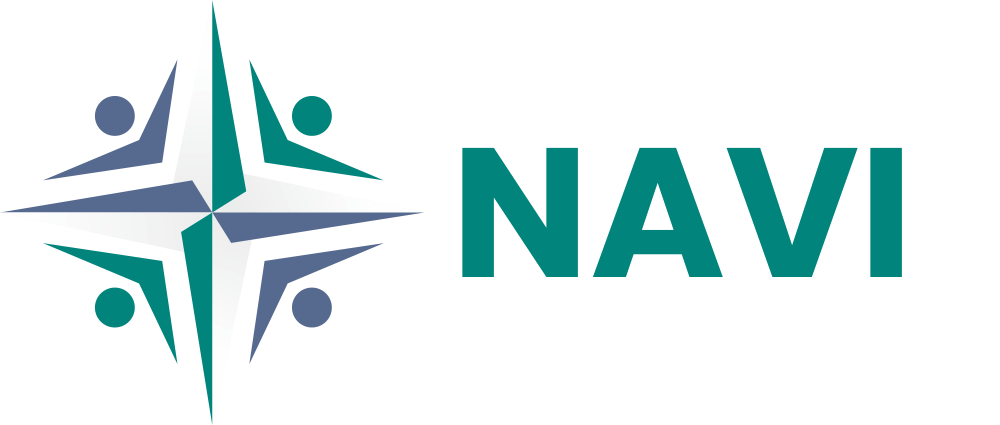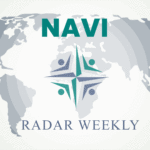General Davis initiated his presentation by delving into the proceedings of the NATO Vilnius Summit, focusing on the strategic measures enacted to lend support to Ukraine and pave the way for its prospective NATO membership. The summit, marked by a resolute commitment, pledged steadfast, long-term support for Ukraine. The G7 countries, in tandem, declared a substantial security guarantee to empower Ukraine in developing sustainable armed forces to deter potential Russian aggression. The establishment of the NATO Ukraine Council, unveiled as a consultative mechanism for Ukraine with NATO allies, underscored the collective commitment. Decisive resolutions were reached to amplify defense investment, fortify defense production, and intensify efforts to safeguard critical undersea infrastructure. Notably, the imminent inclusion of Sweden in NATO was discussed, a consequence of Ukraine’s progressive alignment with NATO membership.
The summit’s focus spanned deployments along NATO’s Eastern boundaries vis-à-vis Russia, the strategic implementation of digital transformation, and concerted efforts to address cyber, space, and emerging threats. Additional considerations encompassed a dedicated climate security center of excellence, an inquiry into threats from the South, and an emphasis on defense investment and innovation. A significant milestone was the approval of an augmented defense investment pledge, mandating a commitment from NATO allies to allocate a minimum of 2% of annual GDP to defense. This commitment aimed at consolidating industrial demand, bolstering capacity, enhancing interoperability, and standardizing material resources. Subsequently, Defense ministers convened to address diverse challenges, including unrest in Kosovo, damage to an undersea gas pipeline, and the imperative of safeguarding critical undersea infrastructure. The establishment of the NATO Maritime Center for the security of critical undersea infrastructure exemplified the alliance’s commitment to bolster deterrence. In parallel, allies concurred on expanding NATO’s mission to provide heightened support to Iraqi Security Forces.
General Davis underscored the requisite capabilities essential for the alliance, emphasizing augmented investments by NATO allies in defense initiatives. Maritime-focused endorsements, including the development of a comprehensive roadmap for maritime capabilities and cross-border airspace cooperation, further exemplified the summit’s expansive agenda. Approval of a multi-year assistance program for Ukraine, aimed at facilitating their transition from Soviet to NATO equipment standards, was met with consensus. The allies reiterated their unwavering support for Ukraine’s trajectory towards NATO membership. Additionally, the summit delved into NATO’s inaugural Quantum technology strategy and sanctioned the modernization of the NATO air fleet with cutting-edge technology.
General Davis expounded upon the ongoing efforts of Hungary and other NATO allies to enhance their defense capabilities, incorporating the deployment of forward battle groups to the East. A focus on augmenting National Force Readiness and reinforcing defense contributions to NATO exercises and plans underscored their commitment. The imperative of defense investment and innovation in fortifying NATO’s Eastern defense posture resonated throughout, accompanied by a call for Allies to fulfill their original defense investment pledge objectives.
Addressing the transition from a post-Cold War capacity-centric defense planning paradigm to a more conventional threat-centric approach, General Davis concurred with the ongoing shift. The implications for member nations involve a redirection from a capacity-focused approach to one centered around identified threats. Commencing with a focus on threats identified in the NATO Military Strategy, the approval of the deterrence and defense concept for the Euro Atlantic region in 2020 marked a significant milestone. Subsequently, the approval of the NATO War-fighting Capstone concept in 2021 outlined the capabilities necessary for NATO to respond to foreseeable threats. This strategic concept acknowledged Russia as the principal threat, advocating for a deterrence by denial approach. The emphasis involved thwarting adversaries by possessing the necessary forces and posture, aligning with the multifaceted striking capabilities witnessed in Ukraine.
Responding to a question on addressing internal challenges to democracy within NATO amid a global decline in democratic freedoms and the rise of authoritarianism, General Davis underscored the pivotal role of civil society. Organizations advocating for democracy and human rights were urged to focus on critical issues such as potential corruption, transparency, and accountability. Davis acknowledged that these issues transcend authoritarian regimes and are also pertinent to democracies. He advocated for international support for civil society organizations striving for democratic change.
Furthermore, General Davis addressed the issue of misinformation, advocating for the promotion of civil liberties within the NATO alliance. He highlighted the challenges posed by misinformation and urged all champions of democracy to combat false information. Emphasizing the importance of engaging in civilized dialogue across diverse political ideologies, he called for compromise and consensus-building. General Davis encouraged the active participation of society, particularly the younger generation, in defending the principles of democracy, civil liberties, and human rights.
He recognized veterans as influential figures equipped with experience and knowledge, capable of communicating the positive impact of NATO on alliance members. Accordingly, organizations such as NATO Veterans Initiative will be crucial to inform publics about NATO and its contributions.
The NAVI Research Institute is the research division of NATO Veterans Initiative - NAVI that provides a unique perspective to transatlantic leaders and societies on peace and security through the lens of NATO's founding principles of rule of law, democracy, human rights, and individual liberties. The NAVI Research Institute was officially established by the NAVI Board on July 16th, 2023.



